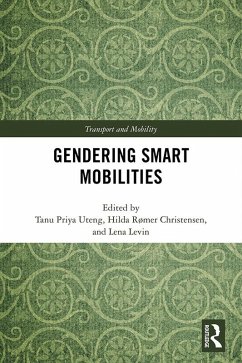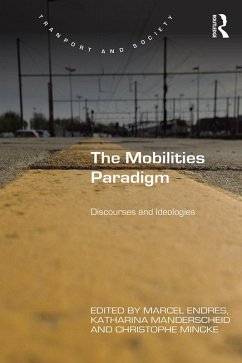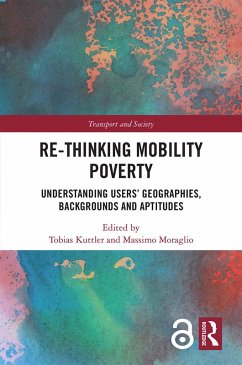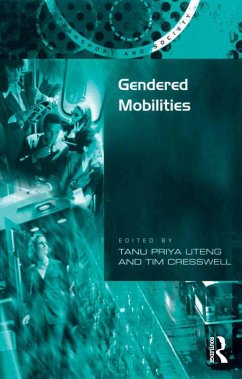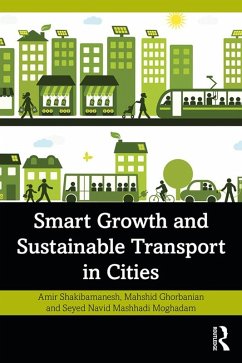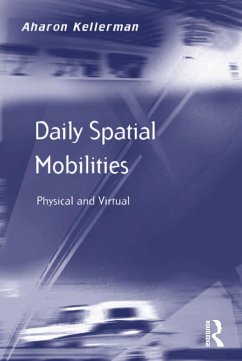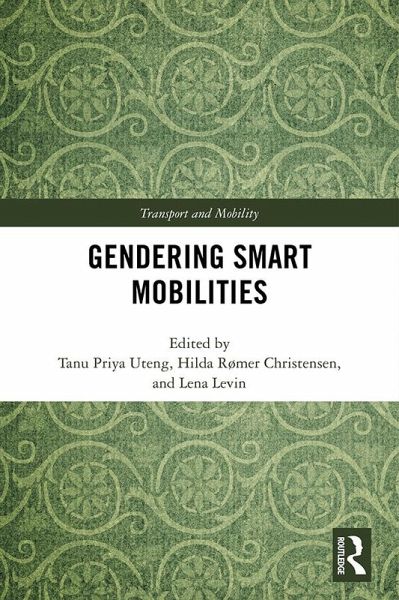
Gendering Smart Mobilities (eBook, PDF)
Versandkostenfrei!
Sofort per Download lieferbar
41,95 €
inkl. MwSt.
Weitere Ausgaben:

PAYBACK Punkte
21 °P sammeln!
This book considers gender perspectives on the 'smart' turn in urban and transport planning to effect-ively provide 'mobility for all' while simultaneously attending to the goal of creating green and inclusive cities. It deals with the conceptualisation, design, planning, and execution of the fast-emerging 'smart' solutions.The volume questions the efficacy of transformations being brought by smart solutions and highlights the need for a more robust problem formulation to guide the design of smart solutions, and further maps out the need for stronger governance to manage the introduction and p...
This book considers gender perspectives on the 'smart' turn in urban and transport planning to effect-ively provide 'mobility for all' while simultaneously attending to the goal of creating green and inclusive cities. It deals with the conceptualisation, design, planning, and execution of the fast-emerging 'smart' solutions.
The volume questions the efficacy of transformations being brought by smart solutions and highlights the need for a more robust problem formulation to guide the design of smart solutions, and further maps out the need for stronger governance to manage the introduction and proliferation of smart technologies. Authors from a range of disciplinary backgrounds have contributed to this book, designed to converse with mobility studies, transport studies, urban-transport planning, engineering, human geography, sociology, gender studies, and other related fields.
The book fills a substantive gap in the current gender and mobility discourses, and will thus appeal to students and researchers studying mobilities in the social, political, design, technical, and environmental sciences.
The volume questions the efficacy of transformations being brought by smart solutions and highlights the need for a more robust problem formulation to guide the design of smart solutions, and further maps out the need for stronger governance to manage the introduction and proliferation of smart technologies. Authors from a range of disciplinary backgrounds have contributed to this book, designed to converse with mobility studies, transport studies, urban-transport planning, engineering, human geography, sociology, gender studies, and other related fields.
The book fills a substantive gap in the current gender and mobility discourses, and will thus appeal to students and researchers studying mobilities in the social, political, design, technical, and environmental sciences.
Dieser Download kann aus rechtlichen Gründen nur mit Rechnungsadresse in A, B, BG, CY, CZ, D, DK, EW, E, FIN, F, GR, HR, H, IRL, I, LT, L, LR, M, NL, PL, P, R, S, SLO, SK ausgeliefert werden.




